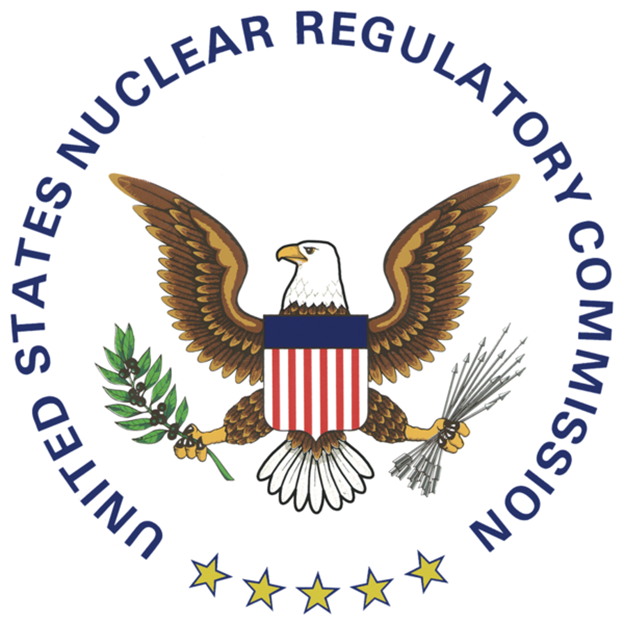Many years ago, shortly after I left college, I was talking to some folks about nuclear power. I said that I was confident that engineers could design safe systems but that we would have to rely on government and industry to be far more competent and honest than they had ever been in order to use nuclear power without major accidents. After years of writing these essays about nuclear issues, I see no reason to change my opinion.
The nuclear power industry is appealing to the Nuclear Regulatory Commission to cut back on the number of inspections at U.S. nuclear power plants. They also want to be able to tell the public less about problems at their plants. The NRC is currently considering some of the requests by the nuclear industry as they conduct a major review of how the Commission enforces regulations at the ninety-eight operating nuclear power reactors. The five-member board of the NRC will be issuing their recommendation in June.
Annie Caputo is a member of the NRC board appointed by President Trump. Previously, she was a lobbyist for the nuclear industry. At a nuclear industry meeting this week, she said that she was “open to self-assessments” by nuclear power plant operators. Members of the nuclear industry are suggesting that self-reporting by plant operators be allowed instead of some NRC inspections.
The Trump administration is well-known for being hostile to federal regulation of U.S. industries, including the nuclear industry. Trump has appointed four members of the current five-member board. Trump appointees and industry representatives claim that changes in oversight are overdue because the industry has improved its safety record and the nuclear industry is having financial problems turning a profit at some power plants. The cost of operating aging nuclear power plants is rising as the cost of renewables and natural gas is falling.
In reaction to this activity at the NRC, nuclear industry critics are alarmed at the idea of relaxing regulations and trusting the industry to monitor itself. Geoffrey Fettus is a senior attorney for nuclear issues at the Natural Resources Defense Council. He points out that the regulation cutting in some federal departments would not lead to the kind of accidents such cutting may risk at nuclear power plants. Paul Gunter is a member of the anti-nuclear group Beyond Nuclear. He said, “For an industry that is increasingly under financial decline ... to take regulatory authority away from the NRC puts us on a collision course with a nuclear accident.”
The nuclear industry made its request for regulatory changes in a letter from the Nuclear Energy Institute. One major request has to do with eliminating required press releases about lower level safety issues at plants. Such problems could result in increased inspections and oversight at a nuclear power plant but would not be considered emergencies. The industry group requested that the NRC relieve the industry of the “burden of radiation-protection and emergency-preparedness inspections.” Industry representatives repeated their requests at an annual industry function in Washington, D.C. this week.
Greg Halnon is the vice president of regulatory affairs for FirstEnergy Corp. in Ohio. He said that it would be better to scale back reporting of lower-level problems at plants “than to put out a headline on the webpage to the world.” He said that following reporting of such lower level problems there were “rapid calls from the press and SEC filings get impacted because of potential financial impact.”
The NRC will be issuing a new set of regulations this spring in response to the lessons learned from the 2011 Fukushima disaster. Nuclear power plants will be required to harden themselves against major floods and other natural disasters that could result the release of radioactive materials.
Over the past seventy years of nuclear power generation there have been many stories of nuclear power plant operators failing to follow regulations requiring safety measures and the reporting of problems. It would be far better for the citizens of this country to have the NRC concentrate on enforcing regulations than removing them.
